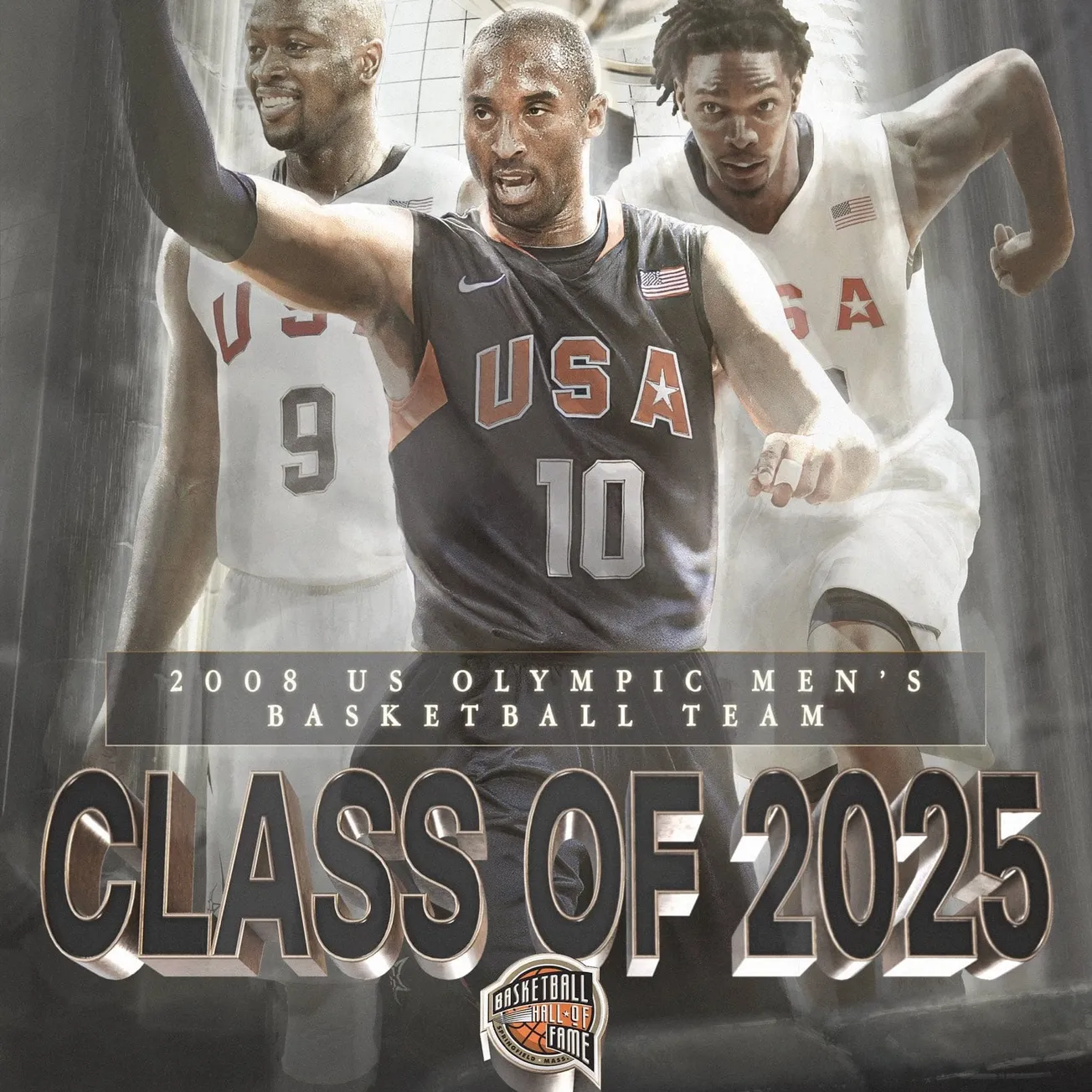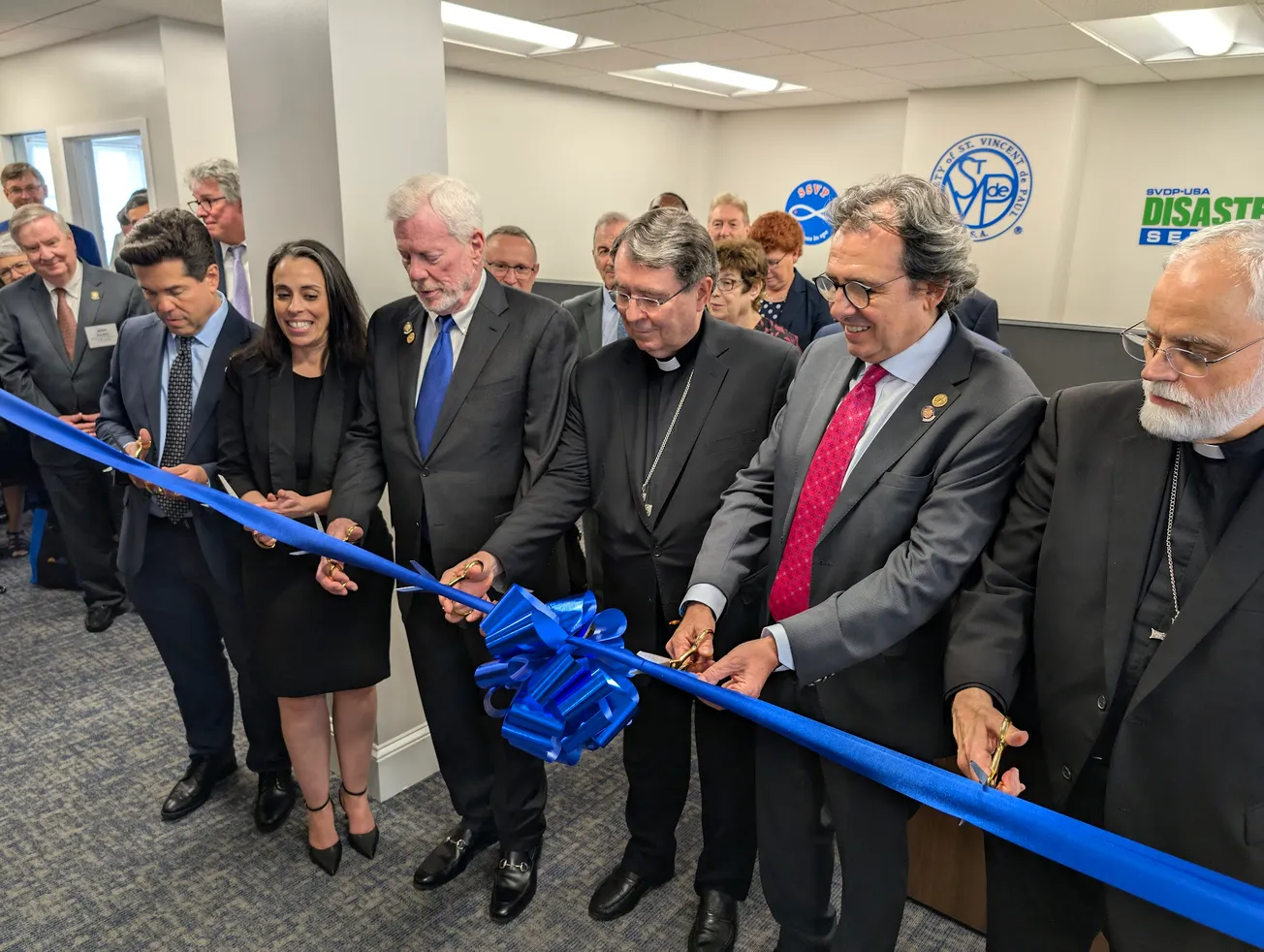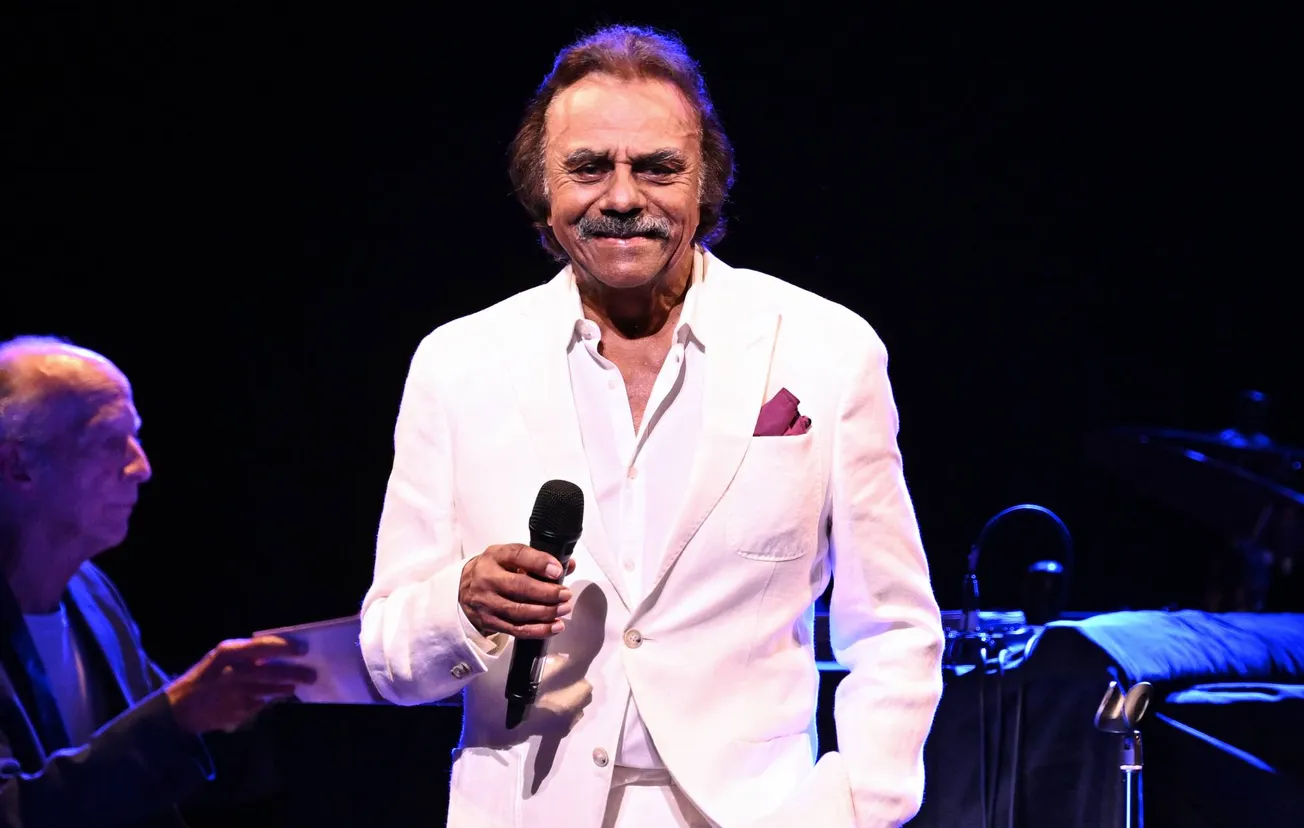A livestreamed panel on Friday in Harlem brought big names, a lively discussion, and no small amount of controversy as a wide range of voices in the reparations movement sought to make theirs heard at the Schomburg Center for Research in Black Culture.
The event, sponsored by the Black, Puerto Rican, Hispanic and Asian Legislative Caucus (BPHA) of the New York State Legislature and a full slate of local New York City politicians—including U.S. Rep Adriano Espaillat, the nation’s lone Black Catholic congressperson—centered around legislation in the state that would establish commissions to study the history, effect, and unpaid debt of slavery on Black Americans.
TONIGHT, Aug. 18 at 6 PM: Join the conversation, The Road to #Reparations. Sponsored by the NYS Black, Puerto Rican, Hispanic & Asian Legislative Caucus. #SchomburgCenter #HarlemWeek #Harlem2023 pic.twitter.com/kIJyZHiC5d
— SchomburgCenter (@SchomburgCenter) August 18, 2023
Earlier this summer, the New York State Assembly and New York State Senate passed companion bills meant to establish the New York State Community Commission on Reparations Remedies, which would determine possible monetary remedies as well as “policy and legislative solutions,” according to a statement released by Assembly leaders in June. The same day, members of the New York City Council introduced a similar bill that was referred to committee.
The state-level bill is currently before New York Gov. Kathy Hochul, who has yet to take any action on it. At the reparations panel last weekend, participants were clear that reparations supporters are working against the clock—as well as bad actors.
“If I was a betting man, I’m betting heavily that there are people weighing with the governor, telling her not to sign this bill. I’m betting that there are people who have already made calls,” said State Senator James Sanders Jr., one of the event’s main sponsors alongside the BPHA chair, Assembly Member Michaelle Solages.
“I think that while we were napping, they were rapping. I think that while we’re out here arguing with each other, they are very clear, speaking to the governor, and they don’t care what bill you came up with. They would be against it.”
Panelists cited the growing movement for reparations spreading across the Western Hemisphere, including South American and Caribbean nations as well as localized regions of the U.S. The California legislature, which blazed a new trail when it moved to establish a reparations commission in 2020, received a final report from that body in June.
“I wonder if New York would have moved in such a deliberative fashion if California had not moved,” Sanders said.
“Here in New York, we’ve got to figure out what does this mean for New York… We can learn from others, but we can do for self here.”
Solages noted that one difference in New York, the country’s fourth most populous state, is that the process of commission selections, research, and final recommendations would be expedited—taking roughly 18 months rather than several years.
A petition to the governor has also begun circulation, meant to be distributed and signed by individuals, civic organizations, churches, and other supporters who believe in the goal of the proposed commission.
In-person observers of the panel in Harlem did not wait for a petition or public hearings to express their opinions on the plan, however, with many seeking to hone in on monetary reparations and the perceived need for a laser-focus on descendants of American slavery.
Jeers and other interruptions emanated from the Schomburg Center crowd as Dr. Aaron Mair, a scholar of the environmental justice movement, began to describe his Black immigrant roots—a point of contention for many reparations advocates who say the specific harm of U.S. slavery should be the focus of domestic economic repair.
Mair was eventually shouted down while trying to explain how Black immigrants and their descendants, who were also harmed by anti-Black U.S. policies such as redlining and public segregation, could potentially be within the scope of the New York reparations blueprint.
“May I remind people that you are being videotaped? Only the enemies of our people would attempt to break up this conversation,” Sanders said in response to the hecklers.
“You haven’t even gotten to the governor yet. She is going to use these examples against you. Are you doing the work of the enemy?”
Several interlocutors on stage spoke of the need for unity and decorum in the room before the conversation turned back to the topic at hand, with veteran organizer and Assembly Member Inez Dickens recalling that the reparations fight in the New York legislature was previously brought to the floor in 2021 by herself and current City Council member Charles Barron. Their efforts were unsuccessful, but the current bills are said to have been rewrites of that original legislation.
Academics like Mair emphasized that the reparations discussion, then and now, must focus on the various harms—and White economic boons—created by the institution of slavery throughout its history in New York, where Africans first arrived in chains in 1626. Though Dutch Protestants were responsible for slavery in that region and era—including the persecution of perhaps the first Black Catholic martyrs in North America—Mair also touched on the influence of the Catholic Church in the global trade.
“Everything was involved… Folks don't realize something called the asiento that came out of the Catholic Church, which gave the permission of commodity and selling of souls, i.e., classifying people of color as savages,” he said, apparently referring to the Asiento de Negros (which in fact originated with the Spanish Empire rather than the Church itself).
“So the harms upon which these original sins began is in [the trafficking in] human flesh, with specifically African peoples.”
Gov. Hochul, herself a Catholic, has until the end of the year to sign or veto the bill establishing a reparations commission, but Sanders noted that New York state law also allows her to let it become law by doing neither. Should she choose to veto, the state legislature can vote to override.
If the bill should become law, the state legislature will have six months to appoint the members of the commission, before commencing public hearings.
Nate Tinner-Williams is co-founder and editor of Black Catholic Messenger.










